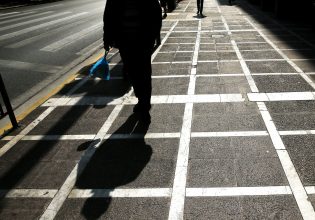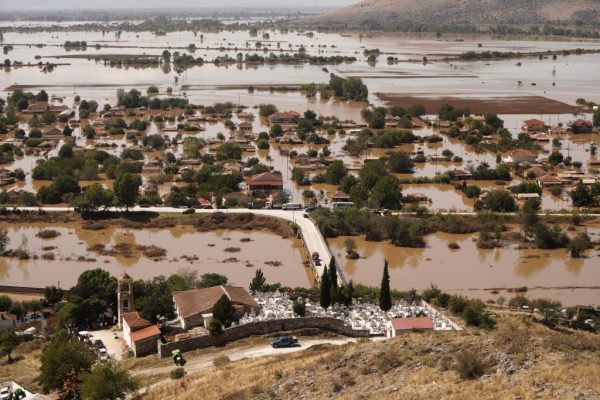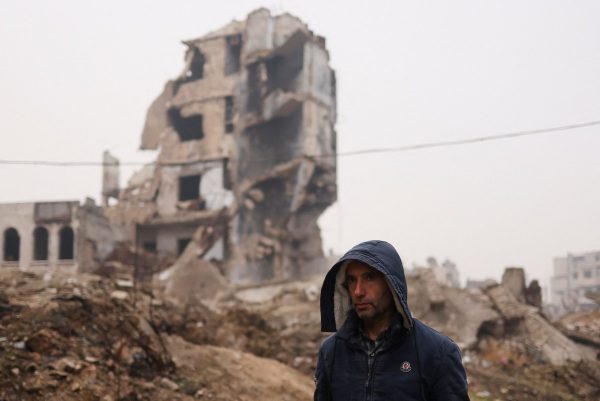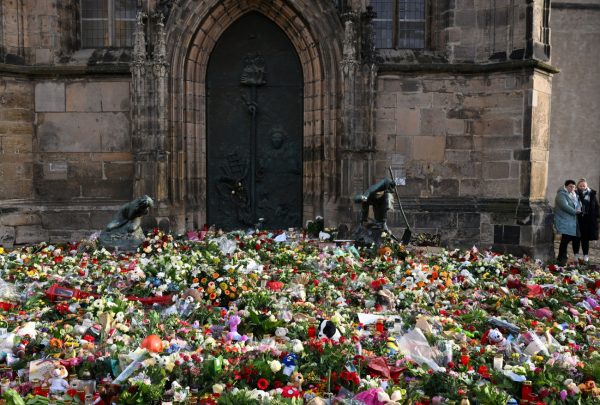
Sea, sand and social distancing: Caribbean reopens to tourism
The Caribbean, known for its palm-fringed beaches, turquoise water and colonial towns, is the most tourism-dependent region in the world. The move is a pilot test for other regions planning to restart tourism after pandemic-induced lockdowns.
A cluster of Caribbean islands are reopening this month for international tourism, hoping to burnish their reputations as oases of tranquility after containing their coronavirus outbreaks and implementing strict new public health protocols.
The Caribbean, known for its palm-fringed beaches, turquoise water and colonial towns, is the most tourism-dependent region in the world. The move is a pilot test for other regions planning to restart tourism after pandemic-induced lockdowns.
Antigua and Barbuda, the U.S. Virgin Islands and St. Lucia are the first to reopen this week. Jamaica and Aruba are set to follow later in the month, with July target dates for the Bahamas and the Dominican Republic.
While other tourist hotspots like Greece aim to limit arrivals from countries with high infection rates, the first flights the Caribbean is receiving are from the United States, which has the world’s highest number of reported cases.
But local tourism officials say they have little choice. Americans accounted for almost half the Caribbean’s 31.5 million visitors last year.
«What are we going to wait for? A vaccine? Shut down the country for two years?» Antigua and Barbuda’s Tourism Minister Charles Fernandez said in an interview.
Instead, the islands reopening will conduct health screening, including temperature checks upon arrival, and require or encourage the use of face masks in public spaces.
They are divided though over whether to test – as recommended by the Caribbean Public Health Agency – because of cost, reliability and availability concerns. Without testing, asymptomatic visitors could be a risk.
Antigua and Barbuda will conduct a rapid coronavirus test of visitors upon arrival, said Fernandez.
St. Lucia Prime Minister Allen Chastanet told Reuters it would require a certificate for a negative coronavirus test conducted in the 48 hours before departure.
It remains unclear if this would work, given tests are not widely available on demand in the United States.
Concerns remain over reopenings in countries that do not require testing of arrivals, like Jamaica.
«People should object, as should anyone who has done what they have done to flatten the curve of new cases,» said civil rights advocate Carol Narcisse, noting Jamaica has warned of a likely new rise in cases.
«Whose interest is the government really serving here?»
‘GENERATION C’
The coronavirus era has uprooted Caribbean carnival celebrations, nights out clubbing and resort buffets.
Still, the tourism industry hopes the mere appeal of sun, sea and the outdoors will suffice.
«Post-coronavirus, people want to get outside,» said Marc Melville, the head of Jamaica-based Chukka Tours.
Caribbean nations, which were quick to shut their borders and impose strict lockdowns as the pandemic spread, hope to market themselves as safe destinations.
Antigua and Barbuda and the U.S. Virgin Islands have respectively just one and two reported cases, according to officials. St Lucia has none.
Officials want the new tourism guidelines to reassure travelers, without being off-putting. Measures include sanitizing surfaces and social distancing in hotels, restaurants, tour operators and taxis.
Digital transactions aim to reduce the exchange of cash and face-to-face interaction.
Jamaica’s preliminary guidelines, which run more than 100 pages long, even detail the need to reduce capacity on boats or to remove towels lying around resorts with tongs. Jamaican Tourism Minister Edmund Bartlett said the country should reopen and adapt to bolster its tourist industry amid the global economic crisis.
«It’s a new type of traveler who is going to be hugely health conscious,» Bartlett said, branding this the «Generation C» traveler, in reference to the post-coronavirus tourist.
Islands like St. Lucia will pace their reopenings, keeping tourist sites closed in a first phase and allowing seated restaurant service only at resorts.
REUTERS
Ακολουθήστε το in.gr στο Google News και μάθετε πρώτοι όλες τις ειδήσεις





![Άκρως Ζωδιακό: Τα do’s και don’ts στα ζώδια σήμερα [Παρασκευή 27.12.2024]](https://www.in.gr/wp-content/uploads/2024/12/moon-2077332_1280-315x220.jpg)




































 Αριθμός Πιστοποίησης Μ.Η.Τ.232442
Αριθμός Πιστοποίησης Μ.Η.Τ.232442